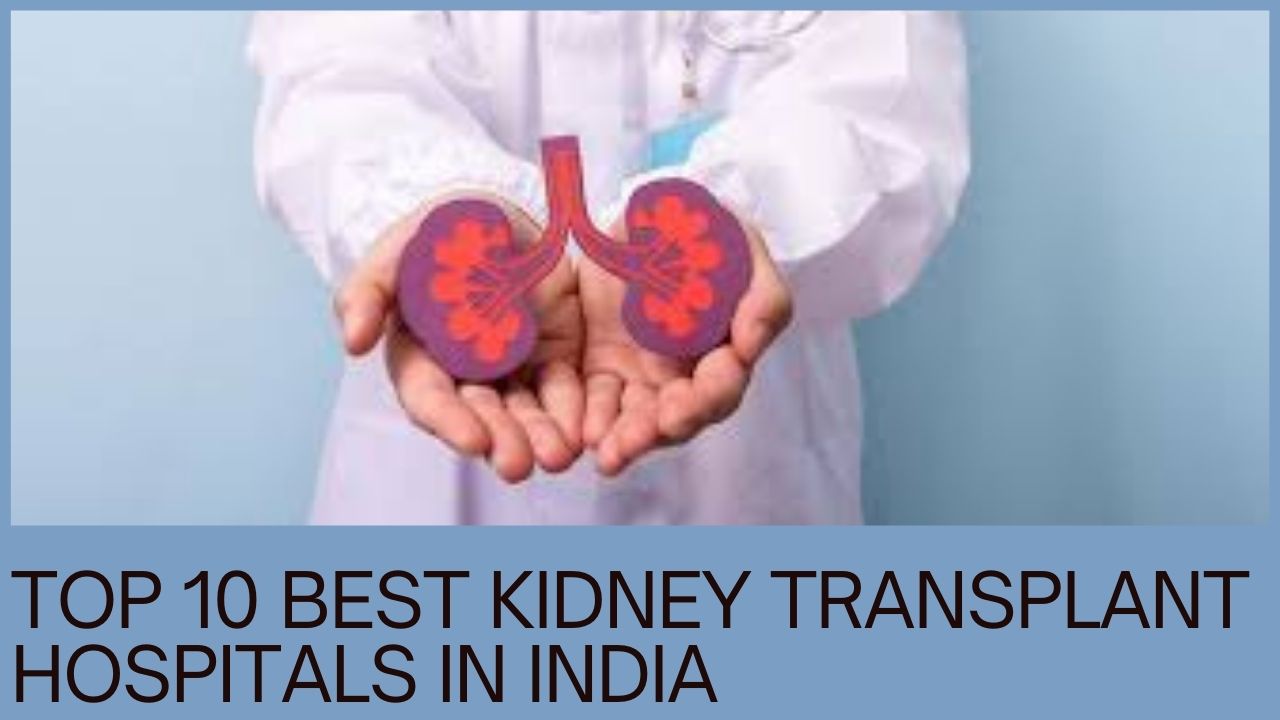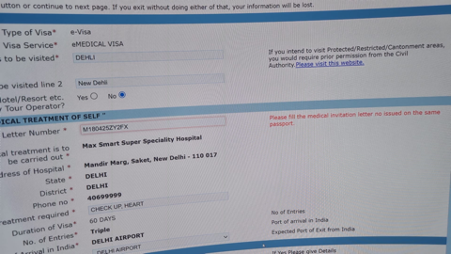
The kidneys are fist-sized organs and resemble beans. They can be found below the ribcage, one on each side of the spine. Kidneys have the vital task of filtering the blood of toxins and extra water in the form of urine. Additionally, they ensure that chemicals in the body, such as sodium, potassium, and calcium, are regulated.
In essence, the main task of the kidneys is to recycle the blood. The water and toxins extracted flow from the kidneys to the bladder via tubes known as ureters. The kidneys, ureters, and bladder comprise the urinary tract.
Should the kidneys cease to function optimally, it leads to a build-up of harmful toxins and excess fluid, which may lead to kidney failure. Hormones to control blood pressure and stimulate the production of blood cells are also produced in the kidneys.
The appearance of the following symptoms may point to kidney damage:
- Increase in blood pressure.
- Passing of urine with traces of blood or of a darker shade.
- Urine appears to have a foamy layer.
- Dry and itchy skin.
- Frequent urination.
- Swelling of the face, ankles, and feet.
- Persistent headaches or lower back pain.
- Excess fatigue.
Diagnosing kidney problems and measuring kidney functions:
There are several tests at the disposal of healthcare providers to diagnose kidney issues and gauge if they are functioning as intended. Based on their discretion, your provider may recommend the following:
- Imaging tests: Conducting ultrasounds, CT or MRI scans are used to look for any structural abnormalities or blockages in the kidneys.
- Kidney biopsy: During a kidney biopsy, your healthcare provider extracts a small sample of kidney tissue and examines it under a microscope. A biopsy may be recommended as a follow-up to other tests.
- Urine albumin-to-creatinine ratio (UACR): This test gives the doctor an idea of the quantity of albumin passing into your urine over 24 hours.
- Blood urea nitrogen (BUN): This test looks for the amount of urea nitrogen in the bloodstream. Urea nitrogen is a waste product released when proteins are broken down. Healthy kidneys can filter out urea nitrogen, which is excreted through the urine, thus keeping the BUN within normal levels. If the tests show elevated levels of BUN, it is a sign that the kidneys are not functioning normally.
What is a kidney transplant?
A kidney transplant is a surgical procedure carried out if a diseased kidney requires replacement. The donor of the kidney may be living or deceased. Living donors are, in most cases, family members who are usually a good match. Living a healthy life with one kidney is feasible for both donor and recipient. Potential kidney donors undergo a careful screening process that ensures their compatibility with the recipient and helps avoid unforeseen complications.
Who might need a kidney transplant?
Kidney transplants are considered for individuals with chronic kidney disease or end-stage kidney failure. When kidneys are unable to filter waste, the options available to the patient are either regular dialysis, in which the individual is hooked up to a machine and the toxins removed from the bloodstream, or a kidney transplant.
To be a good candidate for surgery, the individual should have no significant health concerns and be willing to reconcile to the fact that they will have to consume medication for the rest of their lives. In case of an underlying medical condition that could complicate the transplant, the physician may not recommend going ahead with the procedure.
Examples of these health conditions include:
- If the patient is undergoing cancer treatment or has a history of cancer.
- Cardiovascular disease.
- Liver disease.
Living with a kidney transplant:
Following a successful transplant, focusing on a healthy lifestyle is necessary. The doctor would ideally recommend that you:
- Quit smoking.
- Avoid consumption of alcohol.
- Pay attention to your diet.
- Take steps to lose weight or maintain a healthy weight.
Risks associated with kidney transplants:
The risks associated with kidney transplants are the same as those that come with any other surgery. The risks include bleeding from the surgery location, infection, and side effects from the administered medications.
An additional risk is that the body will identify the new kidney as a foreign object and, in certain instances, may reject it. There are medicines to help combat this.
After your kidney transplant, the doctor will prescribe what are called “immunosuppressive drugs.” The purpose of these medicines is to reduce the chances of the transplanted kidney being rejected by the body. While these medicines will improve your chances of recovery from the surgery, they will compromise your body’s ability to combat any infection.
Post-transplant precautions:
The physician will share instructions to be followed to aid in recovery. Some of these general guidelines are:
- Avoid any strenuous activity, including picking up heavy objects, for at least six to eight weeks after the surgery.
- Do not get behind the wheel of the car for at least six weeks post-surgery. In case you need to get anywhere, turn to family or friends to help you out during this time.
- Exercise: Begin with simple activities such as stretches and walking. Doing so will prevent blood clots. If your recovery progresses along the expected lines, you may begin swimming or cycling. But you should avoid any contact sports as it may cause damage to your kidney.
Post-Surgery Diet and Nutrition Guidelines:
You will need a suitable diet plan after the transplant, which must be based on your personal needs and health condition. Your medication, kidney function, weight, and medical reports will be considered to chalk out a suitable diet plan.
Depending on your recovery, You may need to stick to it either for the short or long term. Regardless of the dietary regime, there will be a set of basic instructions to follow:
- Be sure to consume sufficient water – at least two liters per day. Along with ensuring adequate hydration, you also need to limit your caffeine intake. If possible, swap out coffee with milk for black coffee.
- Your transplant medications can spike the level of potassium in your blood.
Your dietitian may suggest you avoid foods high in potassium. Some foods with high potassium levels include fruits like bananas, oranges, and vegetables such as potatoes, tomatoes, and dark leafy greens. Even chocolates, lentils, and nuts may contribute to elevated potassium levels.
- Opt for foods high in fiber. Ideally, you must consume three servings of whole grains every day. Whole wheat bread, pita bread, oatmeal, or oat cereals are some examples of high-fiber foods. Avoid food that counts enriched wheat or white flour among its ingredients.
- Most transplant patients should limit their daily sodium intake to 1.5 to 2 grams (1,500 to 2,000 milligrams). A teaspoon of salt contains 2,400 milligrams of sodium. Rather than salt, use herbs, spices, or lemon juice to season your food. The patient should avoid salty and processed foods such as chips, frozen meals, processed cheese, and french fries.
- Include lean protein in your diet as it will aid in your recovery from the surgery and fight infection. Recommended protein sources include fish, poultry, low-fat or nonfat milk, yogurt, tofu, and other soy-based foods.
- Transplant medication may inhibit the body’s ability to absorb calcium. The resulting loss of calcium will make bones fragile and increase the risk of fractures. Consuming calcium supplements will help reduce the chances of fractures.
Foods to avoid after your kidney transplant:
Your dietitian will also share with you a list of high-risk foods that could react with the medication and cause adverse side effects. Some of the foods best avoided after a kidney transplant are:
- Pomegranate and Grapefruit: Even if these two fruits are consumed as juices, they may react with the prescribed immunosuppressant medication.
- Herbal teas: Avoid taking herbal teas as they can cause complications because they tend to react with post-transplant medication.
- Raw or Under-Cooked Food: Raw or undercooked food should be avoided at all costs as they can cause infections in the intestine because of your weakened immune system. This includes all undercooked meat, be it seafood or poultry.
- Unpasteurised Dairy Products: Cheese, yogurts, and other dairy products sourced from raw milk.
Kidney Transplant Cost in India
The cost of kidney transplants in India varies between INR 10,00,000 to INR 12,50,000 (USD 12000 to USD 15000). The price includes evaluating the patient before the transplant, the surgical procedure, and the recovery period after the transplant. The budget will have to make room for the following expenses as well:
- Recovery of the kidney and its transport.
- Cost of dialysis sessions done before the transplant.
- Quality of the hospital infrastructure and technology at hand.
- Expertise level of the surgeons and the rest of the medical team involved.
- Duration of the hospital stay.
- Duration of recovery and rehabilitation.
- Post-transplant Medication
Top 10 Best Kidney Transplant Hospitals in India
Selecting a hospital for undergoing a kidney transplant is not a decision to be taken lightly. To put your mind at ease, you can find below a curated list of reputed kidney transplant hospitals in India. You should keep in mind that there is no clear favorite when it comes to deciding the best kidney transplant hospital in India, as all come with their share of advantages.
- BLK Super Speciality Hospital, Pusa Road, New Delhi
- Fortis Escorts Heart Institute, Tower A, Unitech Business Park, Gurugram
- Sir Ganga Ram Hospital, Sarhadi Gandhi Marg, New Delhi
- Fortis Hospital, Shalimar Bagh, A-Block, Piyakad Road, New Delhi
- Manipal Hospitals, Sector 6, Dwarka, New Delhi
- Medanta – The Medicity, Wellness Centre, 2nd Floor, Gurugram
- Venkateshwar Hospital, Sector 18, Dwarka, New Delhi
- Max Super Speciality Hospital, Mussoorie Diversion Road, Dehradun
- Artemis Hospital, Sector 51, Gurugram
- Ivy Hospital, Sector-71, Mohali
Top 10 Best Kidney Transplant Doctors in India
Picking the right doctor from the long list of best kidney transplant doctors in India can only work in your favor as it will increase the chances of the procedure being successful and could ensure faster recovery as well, depending on the surgeon’s credentials.
- Dr. Sanjay Gogoi, Manipal Hospital, New Delhi
- Dr. Sunil Prakash, BLK Super Speciality Hospital, New Delhi
- Dr. Vijaya Raja Kumari, Indraprastha Apollo Hospitals, New Delhi
- Dr. Dinesh Khullar, Max Super Speciality Hospital, New Delhi
- Dr. Rajesh Ahlawat, Medanta-The Medicity, Gurugram
- Dr. Mohan Keshavamurthy, Fortis Hospital, Bannerghatta Road
- Dr. Sharad Sheth, Kokilaben Hospital, Mumbai
- Dr. Anant Kumar, Max Super Speciality Hospital, New Delhi
- Dr. Sandeep Guleria, Indraprastha Apollo Hospitals, New Delhi
- Dr. V. Chandrasekar, Global Hospital, Chennai
My Med Trip is a leading healthcare and medical tourism company in India. We are offering complete medical tourism services in India for foreign patients. We also provide free medical consulting with appointments with the best hospitals and doctors in India. Our main medical tourism services are kidney transplant, liver transplant, liver cancer treatment in India, best kidney transplant hospital, shoulder replacement in India, brain tumor surgery cost in India, knee surgery, top heart hospital in India, bone marrow transplant in India, hip replacement, best cardiologist in India etc.








